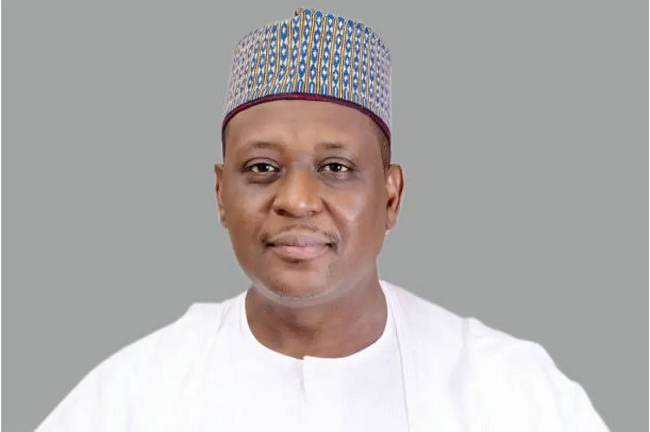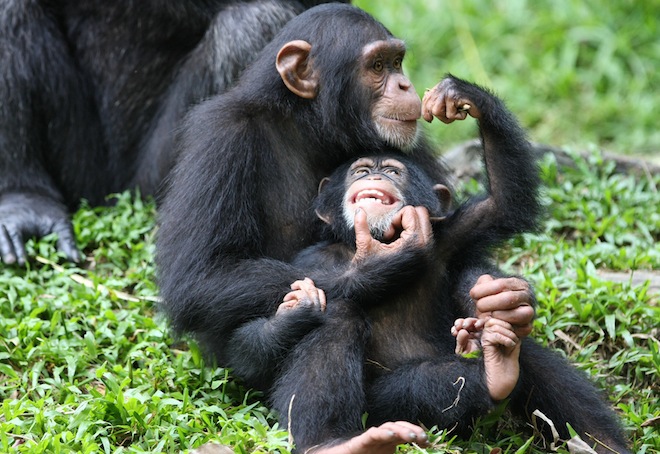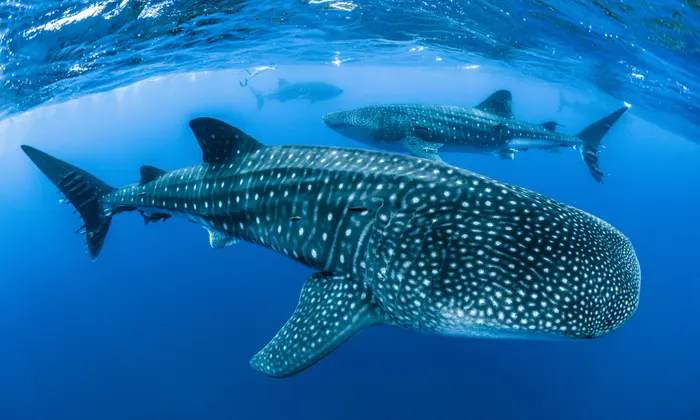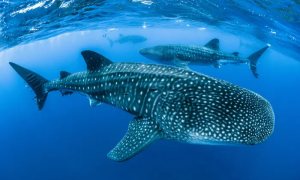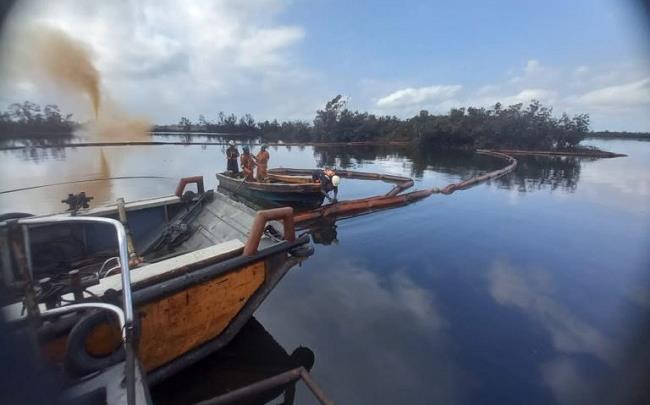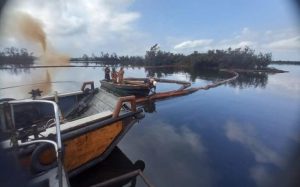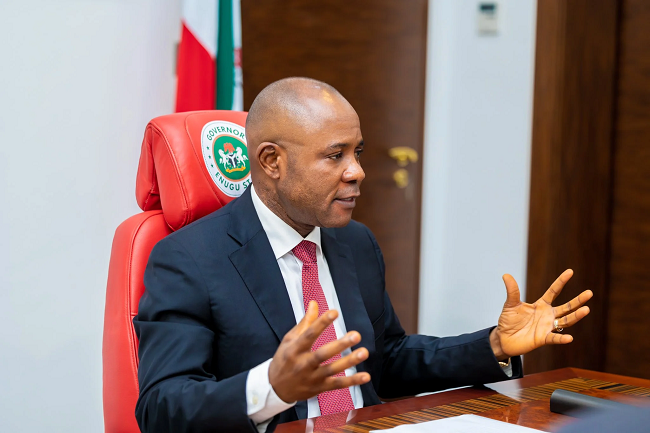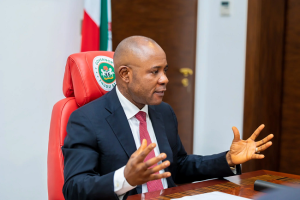One of the deadliest diseases ravaging the world today is cholera. This is largely due to lack of good hygiene practices, including hand washing.

The disease is contracted through drinking or eating food contaminated with cholera bacterium and also through open defecation.
Experts say cholera is an acute diarrhoea disease that kills within hours if not immediately attended. If unchecked, it spreads very fast.
“Cholera is a highly infectious disease caused by the bacterium Vibrio cholerae.
“It is a waterborne disease that spreads rapidly in conditions where clean water and proper sanitation are lacking.
“The primary mode of transmission is through the ingestion of contaminated water or food.
“Symptoms of cholera include vomiting, profuse dehydration, and diarrhoea (rice water stools), which can lead to death if not properly treated,’’ says Shehu Shinkafi, Permanent Secretary, Federal Ministry of Water Resources and Sanitation.
Available data estimates that 1.3 million to 4.0 million cases of cholera infection with 21,000 to 143, 000 deaths worldwide, each year.
The World Health Organisation (WHO) has recorded an increase in cases of cholera over the past years, especially in 2022, when it tallied about 472,697 cases resulting in 2349 deaths.
The cases, according to WHO, were recorded in 44 countries. The figure represents 25 per cent increase recorded in 35 countries in 2021.
The recent outbreaks have also been more deadly, with fatality rates being the highest recorded in over the decades.
Nigeria confirmed 65 cases with 30 deaths from Jan.1 to June 11 across 96 Local Government Areas in 30 states, according to statistics released by Nigeria Centre for Disease Control and Prevention (NCDC).
According to NCDC, a total of 1,141 suspected cases have been recorded between Jan.1 and the time of filing this report, with 10 states contributing 90 per cent of the total number.
The states are Bayelsa, Zamfara, Abia, Cross River, Bauchi, Delta, Katsina, Imo, Nasarawa and Lagos.
The Nigeria Centre for Disease Control (NCDC) says the situation is under control with reduction in fatalities being recorded.
“Overtime, with the increased awareness at the federal, state, and local government level, we expect a downward trend of cases in the next couple of weeks,” NCDC Director-General, Mr Jide Idris, said.
While the authorities battle to contain the cholera outbreak in the country, health experts say cholera is preventable by ensuring access to safe, potable drinking water, good sanitation and proper waste disposal.
A medical consultant, Dr Raji Adebayo, urged government to strengthen its disease and national preparedness to rapidly detect and respond to any outbreak.
Adebayo said government at all levels must also provide primary, secondary and tertiary treatment for any victims of cholera whenever such outbreak occurs to avoid risk of an epidemic.
He said that toilet facilities to including water; tissue papers, hand sanitisers, among other health kits should be provided at strategic work and public places.
“There are some slums that do not have facilities to maintain good hygiene. Government needs to send community health workers to those these areas.
“This is in order to provide the needed assistance to the people in order to reduce open defecation in rivers and drainages.
“The water from the rivers is what these communities consume and unfortunately their contamination results to cholera outbreaks and later deaths.
“I think prevention should be from the people. On the part of government, the people should be provided with basic toilet facilities,” he said.
Adebayo called for community engagement through support of critical stakeholders to and enlightened the people on the high risk of cholera disease and its prevention.
Also, a tropical medicine and hygiene expert, Dr Agboola Progress, called for special units at federal and state medical centers for victims of cholera.
“Government needs to provide special units across its own hospitals in order to help check cholera outbreaks and associated challenges.
“Federal Medical Centre (FMC) at Ebute Meta in Lagos State has special cholera wards because of the high cases of victims in the state.
“I think other states should do the same thing by having such high level of preparedness for any outbreak,” he suggested.
Mrs Omotayo Adeyemi, a public health consultant and Director of Finance, Benson Adeyemi Foundation (BAF), an NGO, said government should take action to prevent cholera outbreaks rather than always reacting to them.
Adeyemi, however, advised those with cholera symptoms should not wait till when their conditions worsen before seeking medical help.
Olakunle Ajayi, U.S.-based health economist, says data gathering and management is important in the control of disease outbreak, including cholera.
“Analysing data helps understand the spread and impact of the disease, identifying hotspots, tracking the progression of the outbreak, and predicting future trends.
“With accurate data, resources such as medical supplies, clean water, and sanitation facilities, as well as human resources like healthcare workers, can be directed to where they are needed most.
“Effective communication with the public is essential to keep people informed about the outbreak and preventive measures, reducing panic and encouraging practices that limit the spread of the disease,” he said.
By Joshua Oladipo, News Agency of Nigeria (NAN)

